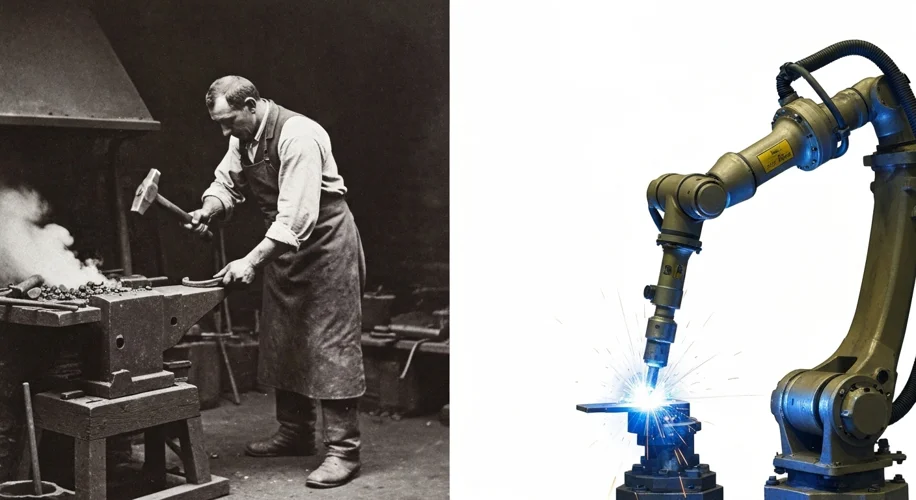As someone who has spent decades sifting through dusty archives, it’s fascinating to see how history, in its own way, often echoes the present. Today, we talk endlessly about Artificial Intelligence and its impact on jobs. It feels new, perhaps even overwhelming. But if we look back, we find that major technological shifts have always stirred similar anxieties and, eventually, led to adaptation.
My work often involves examining the societal responses to past technological upheavals. Think about the Industrial Revolution. When factories began churning out goods with machines, the craftspeople and artisans of the time must have felt a similar sense of unease. The looms and steam engines weren’t just new tools; they were fundamentally changing how work was done, and for many, replacing human labor altogether.
Historical records from that era show widespread concern. There were protests, calls for regulation, and genuine fear about mass unemployment. Yet, what unfolded was not an end to work, but a transformation. New jobs emerged: mechanics to maintain the machines, factory managers to organize production, and eventually, entire industries built around these new technologies. People learned new skills, and society adjusted, albeit not without its growing pains.
Fast forward a century or so, and we see a similar pattern with the rise of computing. In the mid-20th century, early computers were seen as these massive, complex machines that would automate clerical tasks and perhaps even thinking itself. There was a debate about whether these machines would render human intellect obsolete. I recall seeing early internal memos from companies wrestling with how to integrate these new electronic brains, alongside fears from employees about their roles.
Again, the outcome wasn’t mass obsolescence. Instead, computing created entirely new professions: programmers, data analysts, IT support specialists, and a whole ecosystem of software developers. It changed existing jobs, making many more efficient, but it also spawned fields that simply didn’t exist before.
Today, AI presents a new chapter. Like the steam engine or the early computer, AI has the potential to automate tasks, analyze vast amounts of data, and perform functions that once required human cognition. The question isn’t whether AI will change work, but how we, as a society, will adapt, much like our ancestors did.
Looking at the historical data, it’s clear that technological advancement often leads to a period of adjustment. Skills that were once paramount can become less relevant, while new skills become essential. The key has always been adaptability – for individuals to learn, and for societies to support that learning through education and policy.
My archival research shows that while new technologies can displace certain jobs, they also create opportunities. They can augment human capabilities, freeing us from repetitive tasks to focus on more creative, strategic, and interpersonal aspects of work. The ingenuity that drove the Industrial Revolution and the dawn of computing is still very much alive. Human adaptability, coupled with a willingness to learn and evolve, has consistently been the driving force behind navigating these transitions. The future of work, shaped by AI, will likely be no different.

